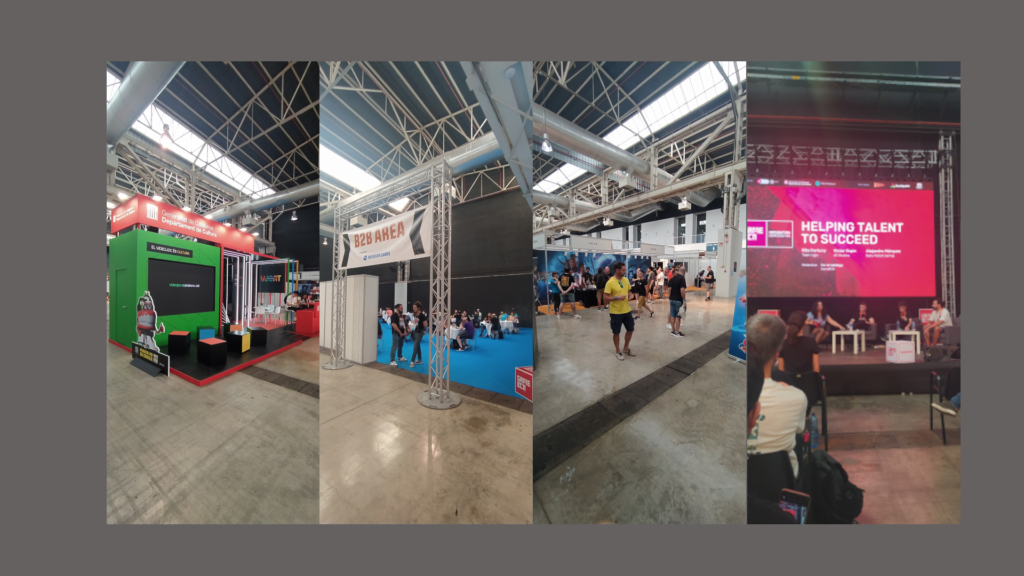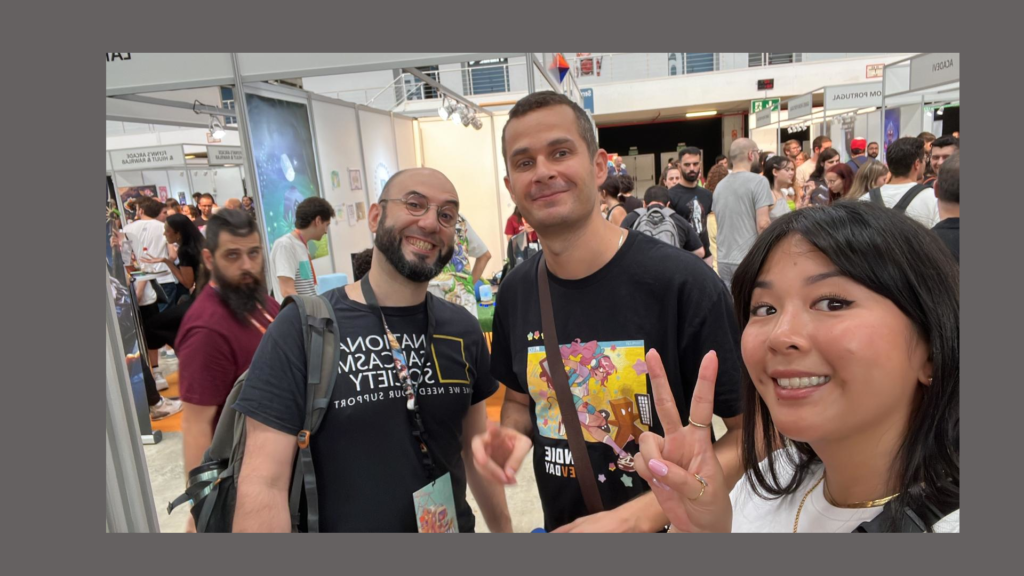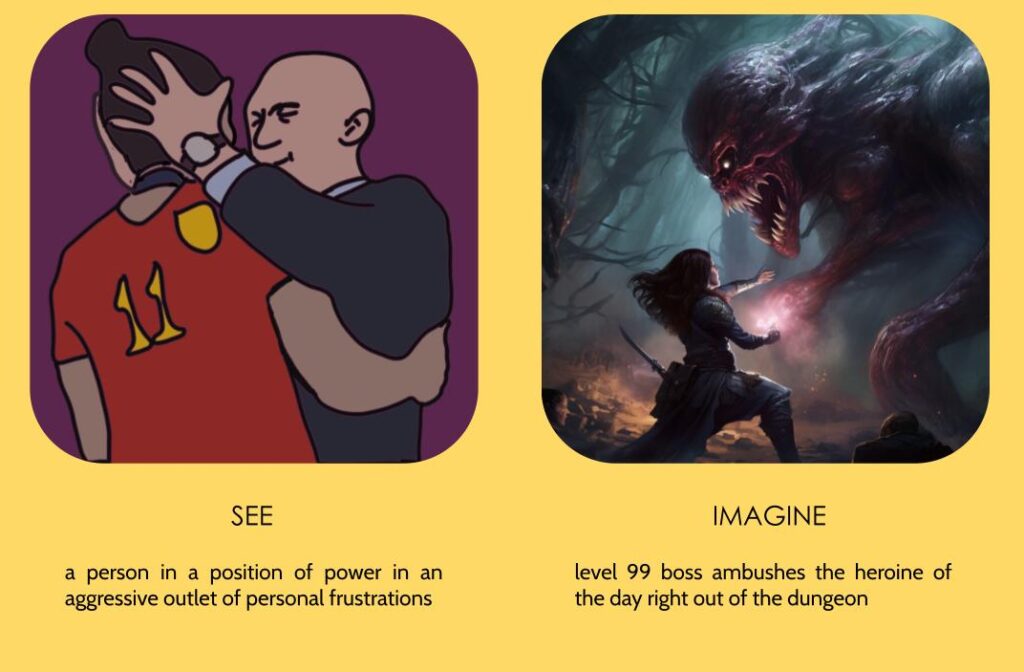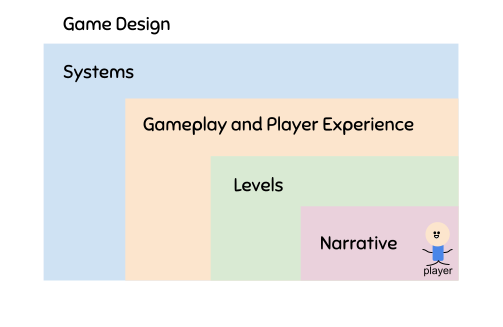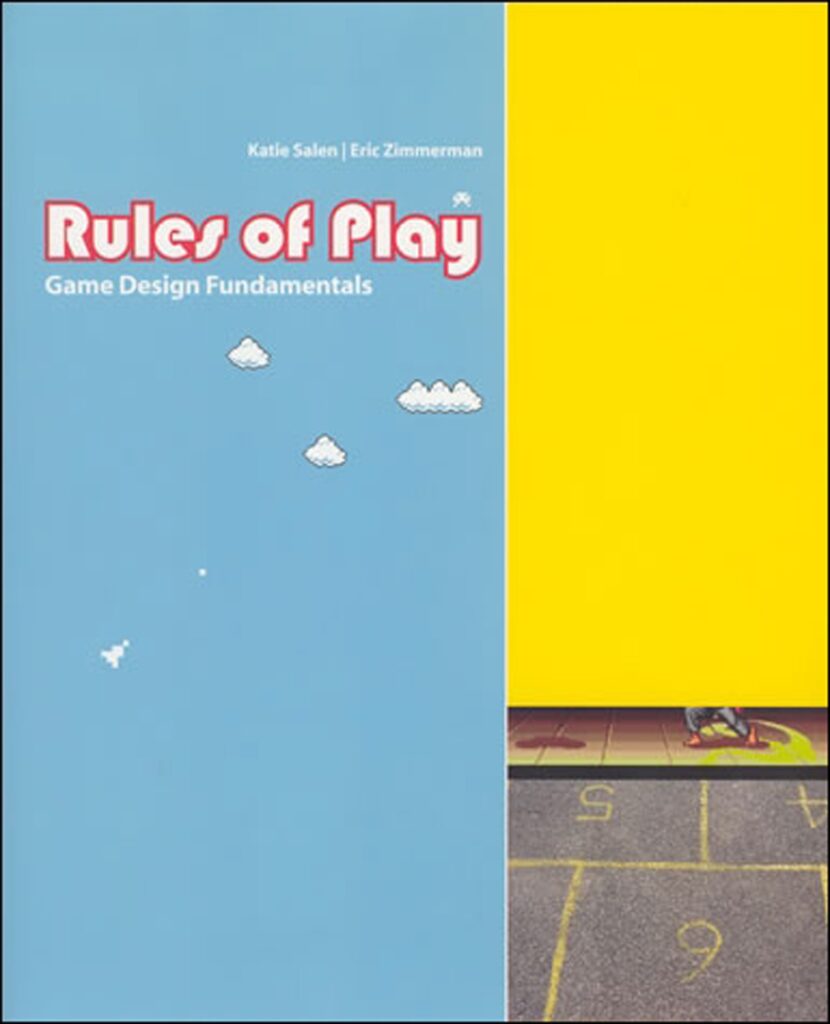I am studying Shape Up these days, a new way of working with remote and asynchronous teams created by 37signals. Game development is software development so I believe that Shape Up can be adapted.
Instead of working on a product backlog, that oftentimes becomes huge and gives guilt (a good feature now can be not a good feature in 3 months), you work on giving form to the ideas. In game design, we call them concept documents. In Shape Up they call them pitches.
Your job as the creator should be to develop your taste and motivate the appetite of the team. Shape Up is based on betting on specific pitches. At every iteration, instead of reordering priorities on the product backlog, you sit at a table and decide on which concept document you will bet on.
Your team is composed of adult people, they should be able to self-organize to complete a project in a 4-6 weeks fixed time frame. Maybe this time window may vary with game development, we have a heavy art pipeline.
The constraint here is the time to complete a project. Other processes require the team to be involved in too many meetings and to estimate the time of each task. With Shape Up you don’t need any of that, so you can just focus on bringing value to the table.
Seems to me more agile than agile!
Raw ideas, good ideas
If an idea is a good idea you will see it very often. From your collaborators, community, and critics.
There is no need to store all the ideas on a list.
Instead of doing that, land ideas down preparing concept documents. Spend time on giving values to good ideas, not on storing every idea.
Concept document structure
- Problem (Use case) – What motivates this idea
- Appetite (Constraints) – How much do you need to spend developing this idea
- Solution (Overview) – bullet point list with core elements needed to properly realize the idea
- Rabbit Holes (Risks) – Detect all things that are not central to the concept and can slow down the development
- No Gos (What is NOT) – Define well what is NOT included in the idea
At every iteration, you sit at the table and review all the concepts. Then you decide with which you proceed. It’s a bet, you need a taste.
Get rid of product backlogs
Product backlogs kill productivity. They are a list of things to do that grows over time. You spend time looking at them, you may also feel guilty.
Get rid of product backlogs! Some raw ideas that seemed interesting 3 months ago probably are not anymore. Your team is designers, artists, and engineers. They need autonomy to work on concrete, well-shaped ideas. They are not ticket-pickers.
What to do instead? Develop your appetite for ideas, and train your taste.
- What motivates you?
- How would you define sweet, salty, bitter, sour and umami?
